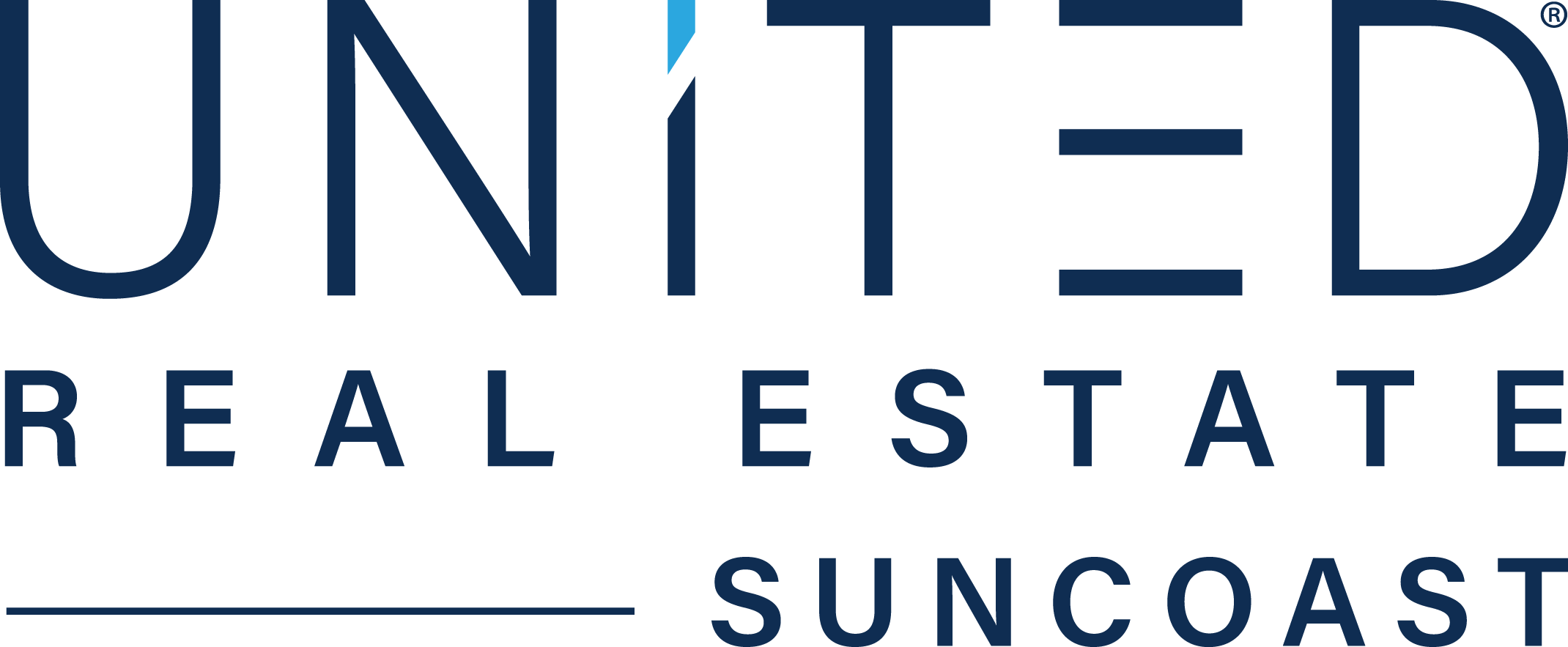CHICAGO — For real estate professionals looking for another source of income, becoming dually licensed as a real estate agent and mortgage loan originator (MLO) might be the right path. Consider that 89% of buyers use an agent for their purchase and 80% finance the transaction, according to the National Association of Realtors®’ 2023 Profile of Home Buyers & Sellers.
In December 2022, the Federal Housing Administration raised the profile of dual licensing when it issued a letter clarifying its requirements regarding when an individual may have multiple roles or sources of compensation in connection with a single FHA transaction. The new guidance confirmed that individuals are permitted to serve as both a real estate agent and mortgage originator for FHA-insured home sales. (Dual licensing is also permitted for conventional and VA mortgages.)
If you’re wondering whether it’s possible to do both skillfully and without creating conflicts of interest, the answer is yes. But proceed with care and caution.
Potentially, a win-win
One obvious benefit of holding both a real estate and a mortgage broker license is the opportunity to earn compensation for two roles in a single transaction. In addition, becoming a licensed MLO widens your reach. Agents who are also loan originators can help previous clients with refinancing and build lending relationships with others who might someday become real estate customers. When you act in a dual capacity on one transaction, you can make the process more streamlined, give buyers a better experience, and increase customer loyalty.
Even when you’re not acting in a dual capacity, your knowledge of the mortgage lending process will help you serve your buyer clients. In the Profile of Home Buyers & Sellers, 61% of buyers and 82% of first-time buyers said their real estate agent helped them understand the real estate process. Particularly for first-timers, who made up 32% of buyer respondents in the 2023 survey, what better way to provide a great journey through the process than by being the point of contact on both the sale and the mortgage?
The caveat, of course, is that mortgage lending is a complex business and one that is regulated at both the federal and the state level. Just as in real estate sales, you must succeed by committing to both knowing the products you sell and creating a smoother process than your clients could have without you. It’s also imperative to ensure that you’re committed to working in the best interests of the client and that you provide full disclosure to the client.
The path and the pitfalls
The path to becoming a licensed MLO varies by state but, in every state, it starts with the Nationwide Multistate Licensing System. That’s a centralized database used by regulatory agencies to maintain and track state licensing programs for non-bank financial services. You will need to meet the licensing requirements to become a licensed mortgage loan originator for the individual state or states in which you work.
There may be additional requirements, depending on the state. And once you earn your license, you’ll need to fulfill both a national and a state continuing education requirement. Both the initial licensing education and continuing education can be completed online, and some of the companies that offer licensing courses and CE for real estate agents also offer education for mortgage origination.
You don’t need sponsorship to complete most of the steps listed above. Many MLOs complete the prerequisites and then shop around for sponsorship. Some mortgage companies will assist with this process and help guide and train individuals in the process of obtaining their license. While real estate and mortgages often go hand in hand, the sale and products are vastly different. Having an experienced MLO to help guide you through the process is imperative to early success. Each mortgage company is set up differently, as in real estate, and sometimes a team model is best for a new originator learning the ropes.
There are pitfalls to consider. Becoming a licensed MLO might put you in a position of competing against banks or originators with whom you have a referral relationship. Also, transactions sometimes go sideways on the mortgage side. Maybe the home appraises for less than the asking price or qualifying issues occur during the process. In such a situation, the buyer may direct the blame at you. It’s imperative that you have the proper guidance and are comfortable handling the added responsibility.
I was initially a licensed MLO with my own brokerage shop. I decided to obtain my real estate license because I was receiving real estate leads via referrals. After handing off a lead early on and receiving unfavorable feedback, I decided to take a different approach and provide the service myself. I also was interested in buying and selling my own real estate portfolio, so obtaining my real estate license enabled me to act as the agent on my purchases. After having my license for approximately five years, I decided to obtain my broker license and, in 2019, I opened my own real estate brokerage. Today, I have a small team, and most of my agents are dual licensed.
Typically, when I act as listing agent, I do not act as the MLO. But for most of my buy-side transactions, I act in a dual capacity. I’ve received positive feedback from buyers and other agents, especially regarding the ease of the transaction. Listing agents have told me they like knowing that I’m handling the financing for my buyers. But there have been setbacks. For example, I’ve lost referral partners; that was something I didn’t consider when I started.
Many options
The idea of offering one-stop shopping to real estate customers is nothing new. Brokerages large and small have found ways to bring lending capabilities into their offices. Understanding the various business models, and how they can be used to serve consumers and clients is important.
Some companies are part of affiliated-business arrangements with mortgage companies under the terms of the federal Real Estate Settlement Procedures Act. Others may own their own mortgage operation, as I do, but without the dual licensing. Motto Mortgage, part of the RE/MAX Holdings Inc. family of brands, offers real estate companies a mortgage “brokerage in a box” franchise. Launched in 2016, Motto connects a real estate brokerage to a separate, franchised mortgage brokerage. Motto’s loan originators are, for the most part, not licensed real estate agents. Realfinity, on the other hand, is a platform that has a dual license program encouraging real estate agents to become licensed loan originators. Like Realfinity, Morty is a mortgage brokerage that champions real estate agents obtaining their MLO license.
If earning a dual license is something you’re considering, check your company’s policies (some don’t allow dual licensing) and learn what’s required by your state. You may find that loan origination gives you a whole new way of bringing value to your buyer clients.
Steps to take
While each state has its own rules for becoming a licensed MLO, in every state, it starts with the Nationwide Multistate Licensing System. The prerequisites generally include:
Obtaining an NMLS number
20 hours of national prelicensing education
Additional state-specific prelicensing education
Federal and state criminal background checks
Fingerprinting
Credit checks
Passing the national mortgage exam (UST Test)
Sponsorship by a mortgage company. Without sponsorship, you can receive a license but will not be able to act as a loan originator.
© 2024 National Association of Realtors® (NAR)


